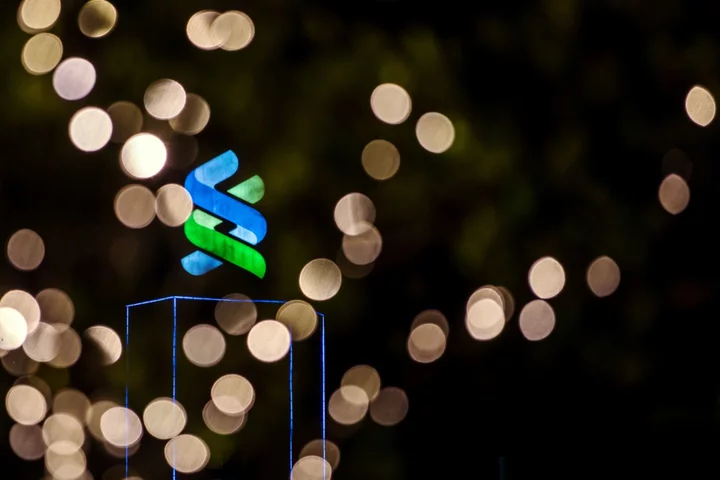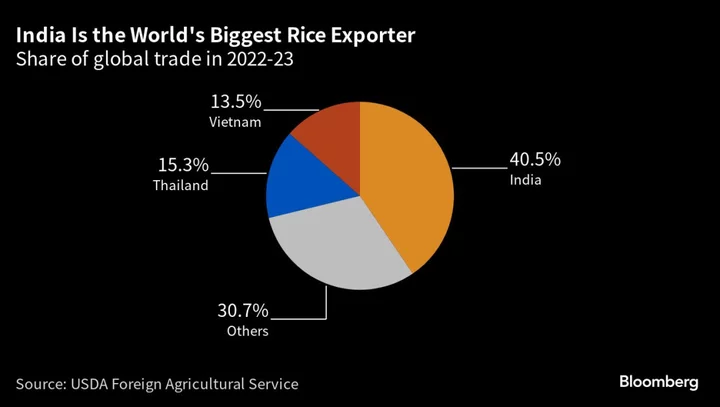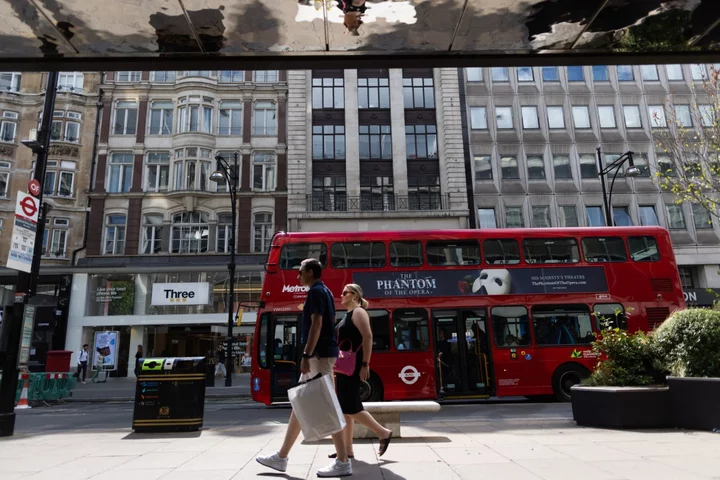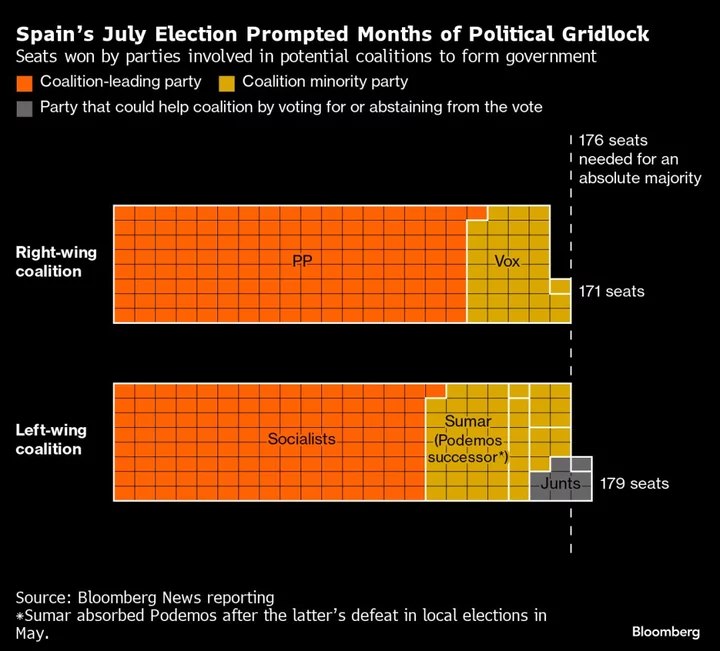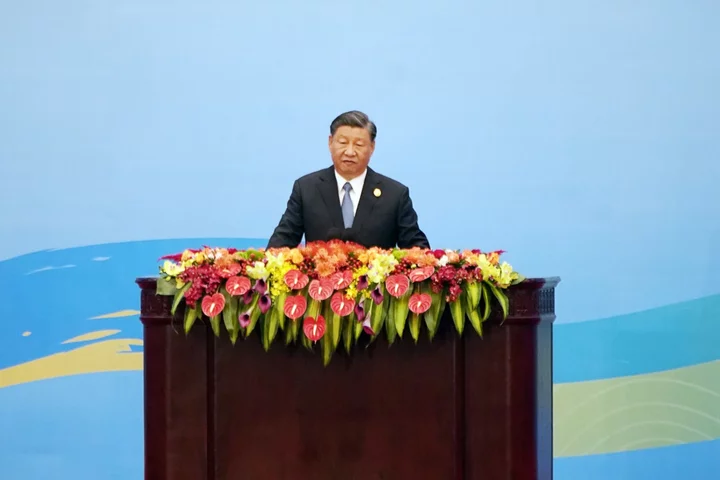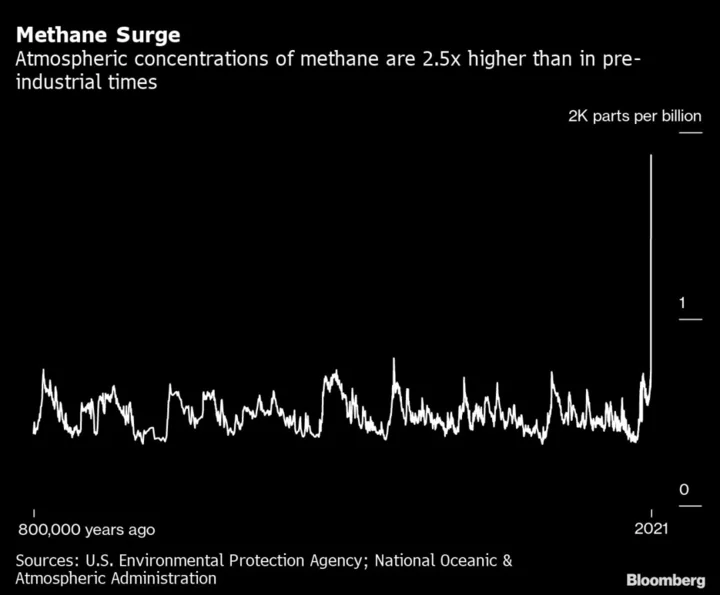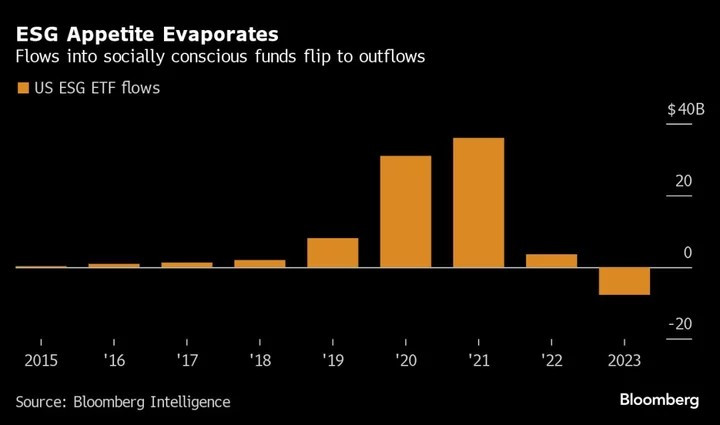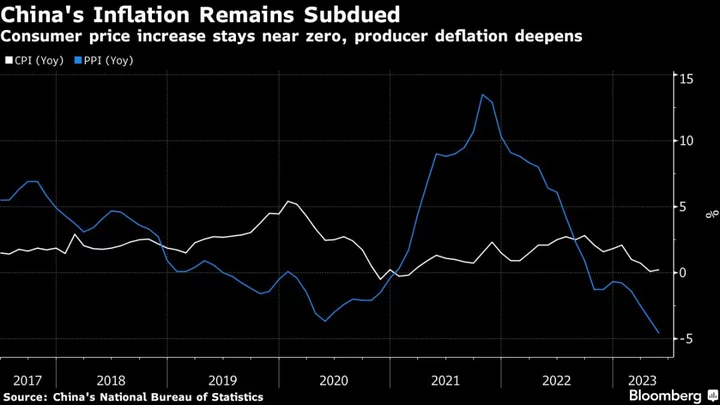Standard Chartered Plc raised its forecasts for income growth for 2023 and added a new buyback program as earnings exceeded estimates in the second quarter.
The bank reported an 27% rise in adjusted pretax profit for the three months to June to $1.6 billion, according to the bank’s first half financial results statement. The results exceeded the $1.39 billion Bloomberg-compiled analyst estimate.
The lender said income will increase in the 12 to 14% range for 2023, up from 10%, and announced a new $1 billion buyback program.
“We remain strongly profitable, highly liquid, and well capitalised,” Chief Executive Officer Bill Winters said in a statement. “These attributes enable us to return a further $1 billion to our shareholders through a new share buy-back announced today. Also reflecting our confidence in the business, we are upgrading our 2023 guidance for income, jaws and RoTE which we now expect to be 10 percent for the full year.”
Investors in the emerging markets-focused bank were given a strong hint on its performance last month by Saleem Razvi, chief financial officer of Standard Chartered in Asia, who said at a Goldman Sachs Group Inc. conference that the bank’s financial markets unit, which incorporates its trading operations, would be up from the same period last year. Razvi had also forecast an increase in income from the lender’s wealth management unit.
Rate hikes have been a general boon for the banking industry. In April, Standard Chartered reported its largest quarterly profit since the first quarter of 2014 as rising interest rates boosted its bottom line. The lender also benefitted from an economic rebound in Asia as the region’s markets exited from Covid lockdowns.
Despite the growth, Standard Chartered has remained focused on keeping a lid on costs. The bank plans to cut costs by more than $1 billion through 2024 and in June embarked on selected layoffs of staff in Singapore, London and Hong Kong. Bloomberg Intelligence analysts said this month that delivering on costs was key to the bank meeting its target of a 10% return on tangible equity this year.
Attention focused on the bank at the start of the year after Bloomberg reported that First Abu Dhabi Bank PJSC had explored a potential bid for the company. FAB said in February it had considered an offer, but was not currently doing so meaning it could not make a takeover approach for six months, except under certain circumstances. This period expires next month.

